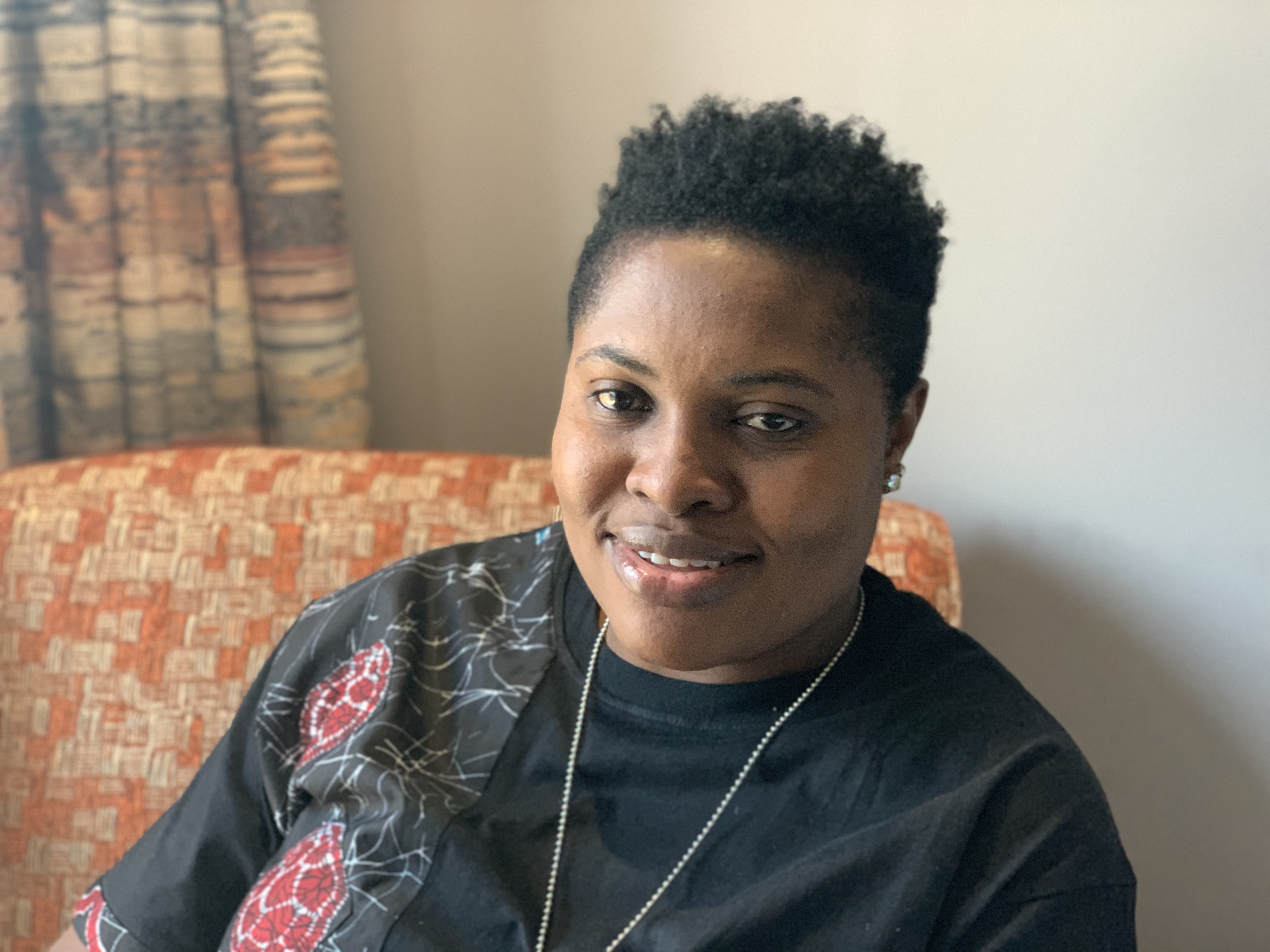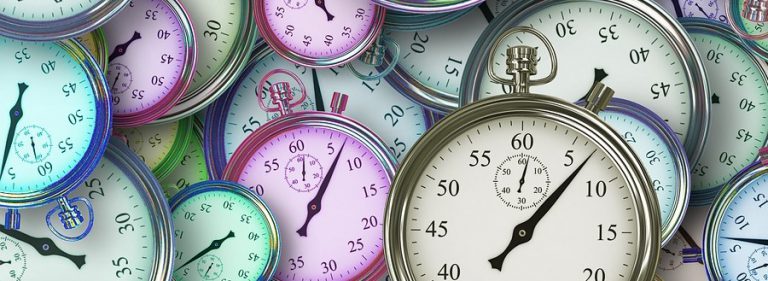Warrior Women with Nnedinma J. Ulanmo
Lawyer by profession turned activist, Nnedinma Ulanmo spoke to Matoyana Media about what it means to be a Warrior Woman. Nnedinma identifies as a Queer woman and works in the core of Northern Nigeria helping to empower women in the community. This is some of what she shared with us:
Hello Nnedinma, thanks for joining us. Tell us a bit about who you are?
“My name is Juliet, Nnedinma Ulanmo, but I prefer it if people call me Nnedinma. This is because that’s my identity as an African. The meaning behind the name is unique to women and to motherhood. Basically it means “mother is good”, and if you look at the concept of motherhood, there’s a whole lot of goodness in it and it’s way more beautiful when I hear that.
Watch the videos here:
By profession, I’m a lawyer, but by calling and training, I am an activist and somewhere down the line I have found a way to fuse the two. Over the years I’ve focused more on working on women empowerment, bringing marginalised women into the foreground, so their stories can be looked at. This also encourages r people who have the resources to find ways to empower them, so they can speak for themselves. We also provide legal services to marginalised women- pro-bono – so that which means we don’t charge them any legal fees.
I identify as a Queer woman which is quite something in the context of the country where I live, it’s a very difficult thing to say most of the time. But I’m beginning to find ways to beat that, to come out of the shadows myself. Because I cannot be in activism for women who are marginalised, especially those who identify as LBTQueer and still be in the shadows.
I’m from a polygamous home and on my mom’s side there are just four of us as I have three other siblings. I’m an introvert and I love being indoors because I enjoy reading a lot. I also enjoy developing programs and developing projects. Where I work, in the core North of Nigeria, It’s like almost a virgin land around the issues that we program for. It takes a whole lot to develop programs and projects, and have the community buy into what you’re doing. So, I love to do that a lot.
I’m also a very passionate football fan and support Arsenal Club. I love music. Some people say I write poems, I think I have had one or two published. I find time to do that, but it is not something that I’ve given enough attention, but I do that.”
What does Warrior Women mean to you?
“For me, a warrior woman is someone who identifies as a feminist in whatever in they do. But that would be limiting what a warrior woman is in the modern age. So, to add to that, a warrior woman is someone who – in her everyday struggle for survival – still finds the time to provide support to other women – in whatever fields that they are in.
In addition to that, a warrior woman still finds time to be creative, to speak passionately about and around issues affecting women. She contributes to issues on equity, equality, gender balance and gender equality. These are women who put their lives on the frontline because we know that the society we live in (especially in Africa) is so patriarchal.
The norm is for women to be in the shadows and to be limited in what they can give and what they can offer, especially women in the rural areas. But now we have women coming out to say: “No, it can’t be like this, if it is like this we’ll have a society that is unequal.” And then a set of humans will be suffering just because they do not have voice. So for me first, a warrior woman is that woman who gives a voice to other woman in the little ways that she can, that is one.
A warrior woman is also that woman who, irrespective of all the pressures the society has been putting on her – especially those who have had the courage to come out from domestic violent relationships – and are still committed to giving back to the society in good ways and bringing up their children in the best ways that they can. Finding joy in just being alive – rather than being in a violent relationship – which could eventually lead to their death.
And lastly, a warrior woman does not simply identify as a woman. She is the woman who would rather see herself as either queer, as either a lesbian, as a trans-woman or as bi-sexual. These women face a whole lot of discrimination, challenges, threats to their lives, but they are still there and they are still living.”
That resonates with us. How do you see yourself as a Warrior Woman?
“Up until now I haven’t actually seen myself as a warrior woman – I just see myself as human being. But I do speak about women’s issues and I’m very passionate about it. People who know me, know me for this. I’m guess I’m also a warrior woman because I’m very passionate about gender equality and empowerment.
I feel when women are empowered, they know their rights, they know how to be with the society, they know how to nurture themselves, and everyone who is connected to them. When a woman is really balanced in herself, she’s really happy and those around her tend to prosper.
The organisation I co-founded in the North of Nigeria is all about empowering women because we look at the various issues and we try to initiate changes – using local resources to stimulate the solutions to whatever the issues are around them. And we find out that these steps are actually working because women own the issues and feel more empowered because you’re giving them a level ground to say.”
How do you tackle these issues?
“Firstly, you identify what the problems are and then look at the solutions from within your community. So working in the community for me, leaving those urban areas and going into the communities is actually showing, telling me that I’m a warrior woman – because I’m putting my life on the line.”
What’s it like working in the community in Nigeria?
“Were I stay in the North, it’s a very conservative society and it is a 97% Islamic, so we have the Shariah Law. So when you are speaking to issues of equality, the men don’t want to hear that. So for me being in the North, doing that, is also telling myself that I’m a warrior – because basically I’m sort of alone, not alone in the sense that they are no other organisations who do this programming. But we are different in that we don’t only work with women, we work with minority women, we work with LBQT+ women and we are known for this.”
What has been your biggest battle?
“It took a lot of courage to leave an employment where `I was very comfortable and I was practicing in a very good profession. Back in my country, a lot of respect is attached to just being called a ‘barrister’. So taking that decision to just leave that for the time being at that time, to co-found the organisation that I have presently, working in communities – was a battle.
But on a personal level, I think it was the battle of accepting who I am over the years. I’ve always known that I am this very different person – in the way that I want to express my sexuality. And growing up in a very spiritual or religious background, doing the things that I did in church, like being so involved, it was a battle to choose between living my true identity and then pretending to be happy.”
What type of Warrior Woman are you?
“I’m all kinds of warrior. I can be the passive aggressive kind of warrior person – I am really quiet but very insistent in what I want to achieve, so long as it’s for the good of the community. I can be quiet about it, but I can also be very intrusive, I can continue to push, to bite quietly until, I get that which I am looking out for – so I can be that passive aggressive warrior.
But I can also be the very active warrior person, when I am called upon to be. Most times I tend to want to be at the backstage. I tend to want to just conceptualise things and let others take the lead. When it comes to being a voice, really where a voice is needed, I’ll put myself out there.”
Which Warrior Women inspire you?
“The first would be my mom, not because she birthed me, but because she had the courage to walk away from a violent domestic relationship, I am very proud of her. At the time she left she had nothing, but now she can look back at the sacrifices she made and she can be really proud of herself. The fact that she was able to do that and to take us along with her makes her my warrior woman number one. I look up to her, she’s an inspiration.
My second warrior woman is the person who ingrained in me the concept of feminism. She’s known as “Darling Doti” in Nigeria. She had no reason to pick me when she did, but she did. And she trained me, she gave me my footing and she showed me my calling. I will always remain grateful to her.
The third Warrior Women I simply call her Aunty Ngozi. She is also someone who has been pushing me over the years. I reason I started this organisation was because of her. I remember she called me one day (me and my partner) the co-founder – and she said you both have the knowledge and the skills, you know what activism is all about and what human rights are – why don’t you take the bull by its horn? She’s always been there, thank you Aunty Ngozi.
The last person who is my warrior woman is also a Nigerian, I do not have a direct relationship to this person – I never had the opportunity to meet with them. Unfortunately she’s late – this is Dora Nkem Akunyili – the former minister of information and also the former Director General of NAFDG – the National Agency for Food and Drugs in Nigeria.
Dora Nkem Akunyili saved a lot of lives, women’s lives because she cleaned up the food and drug sector- prior to her coming we probably had 98% of fake drugs circulating in Nigeria. She cleaned up that system, irrespective of the threat to her life, irrespective of the fact that her family were threatened. People tried to buy her out several times and offered her huge amounts of money, but she stood her ground. She is, she was, and she will continue to be a feminist – I look up to her because of that singular thing she did for the sector.”
Many thanks for your time and courage Nnedinma.
Watch the videos here:






